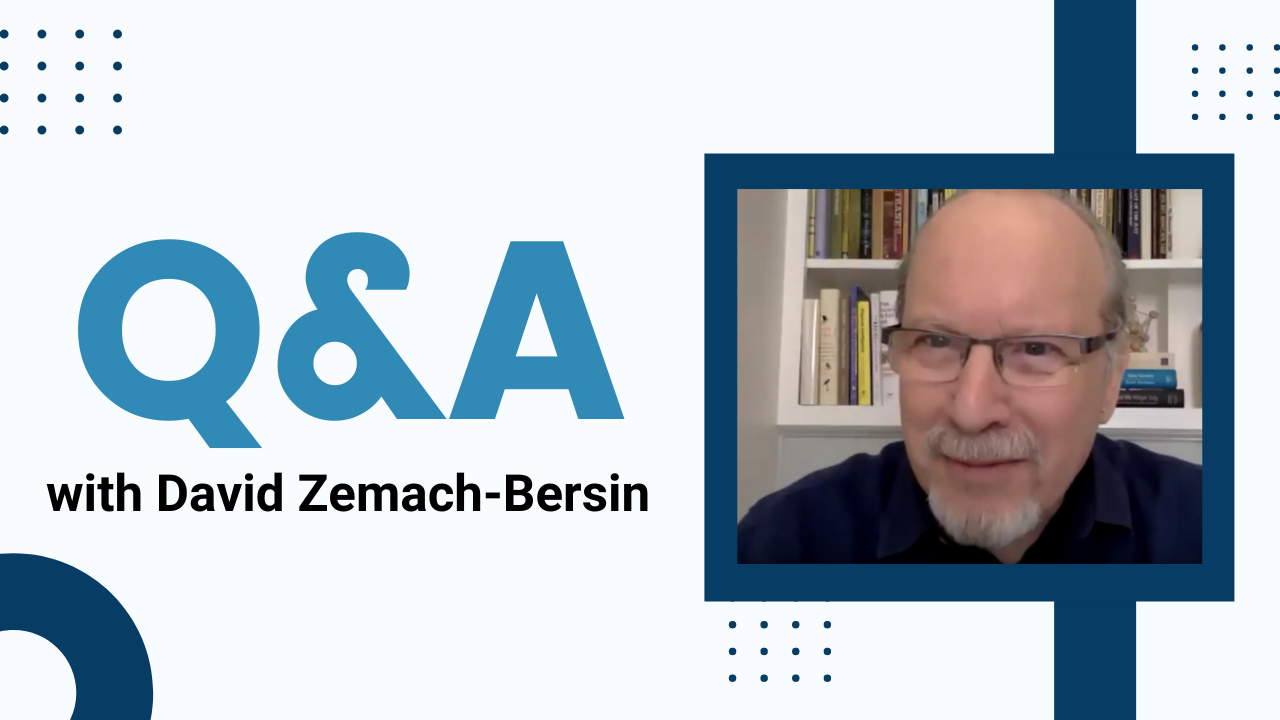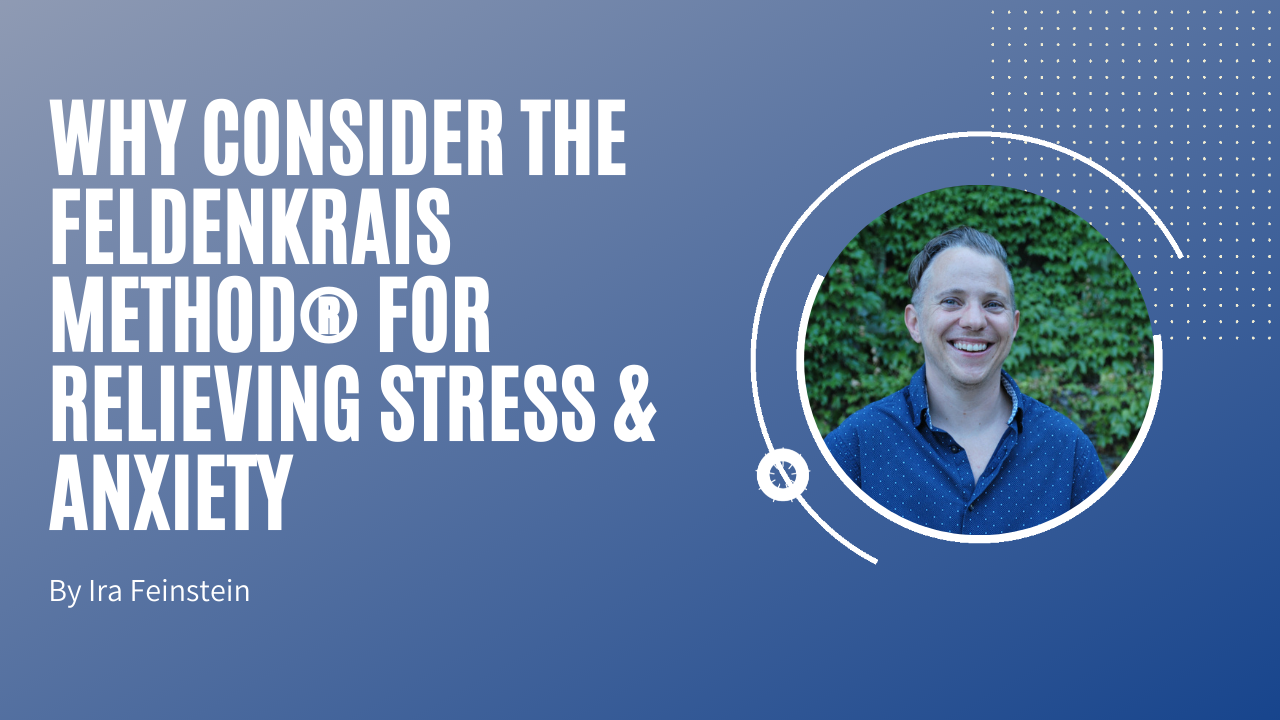Thinking
Feldenkrais
Can You Shorten a Feldenkrais lesson?

This question is an important one, and frequently asked:
Q: Sometimes, I want to do a Feldenkrais® lesson but don't have time to do a full-length one. Can I abbreviate a lesson, or do something shorter?
A: Yes, absolutely!
First, in most of my online series, I have provided a set of short exercises to help those attending my classes to develop and maintain the positive benefits. These short 'quickies' are intended to play a supportive role, and can be used casually, anytime.
Second, feel free to abbreviate a full-length lesson, after you have thoroughly experienced and 'learned' it. If you find a particular lesson to be helpful, I recommend that you do the full-length version again, two or three times. You will have a new experience and notice new things, each time you do it. Then, you can adapt it to fit your time constraints.
There are several ways to do this. Perhaps you can do each movement fewer times, or do only the first half of the lesson. Or, you can focus on the movem...
The Importance of Rest in Feldenkrais Lessons

Some Thoughts on Reducing the Body Pattern of Anxiety

Why Consider the Feldenkrais Method for Relieving Stress & Anxiety

Ira Feinstein, Managing Director
The grooves of my anxiety were set at a young age. It was 1987. I was nine years old. My 41-year-old father went to work one morning and never came home. A fatal heart attack. This, alone, would've been traumatic enough if not for my 40-year-old mother's breast cancer diagnosis a year earlier. I spent the next two years until her death waiting to be an orphan. I lived in a state of high alert, always looking for signs that her death was imminent. Every time she failed to greet me at the door after school or was late coming home, I feared the worst. I can still remember the adrenaline pumping through my body and the freezingness of the fear. I couldn't breathe. I couldn't see. The only thing that was real was the sound of my heart thumping erratically in my chest and the refrain, "She's dead, she's dead, she's dead," playing on a loop in my mind.
Even into my early twenties, despite years of therapy and anti-depression medicine, the same wash of fear ...
What to Do When the Lesson is Over

As a Feldenkrais Teacher, I often hear: "I feel great after that lesson! How can I make the improvements last and maximize the benefits?" To support the benefits of a lesson, first consider this: Feldenkrais lessons do not end when the movements stop.
For approximately an hour, as we do a Feldenkrais lesson, our brain has an opportunity to sample new options. Old, habitual patterns become flexible, and our brain has a chance to learn something new. New neurological pathways begin to develop, which allow for better posture, easier movement, and better organization. But those new pathways are unfamiliar. If you stand up after doing a Feldenkrais lesson, and immediately start rushing around or grab your cell phone, you will miss the potent minutes--or hours-- when the lesson's effects are the easiest to feel, and the most easily integrated.
Your awareness immediately following a Feldenkrais lesson is very powerful, and helps to ensure the lesson's effectiveness. Give yourself sufficient...
Free! New Online Lessons

- Soothe & Calm: Short Feldenkrais exercises for a healthy nervous system
- Your Restorative Breath


